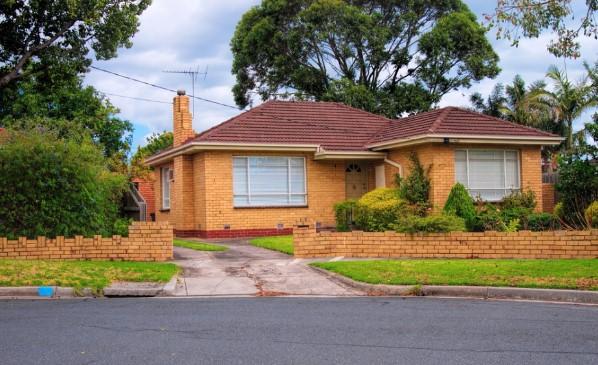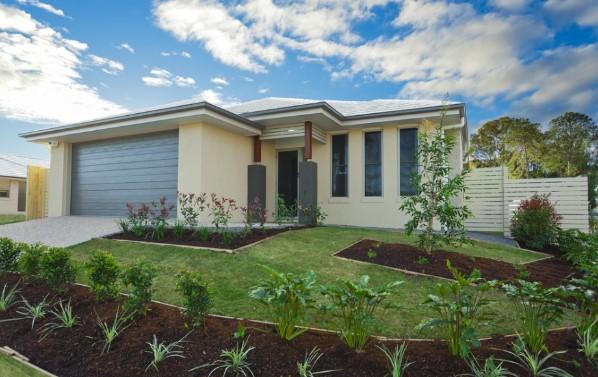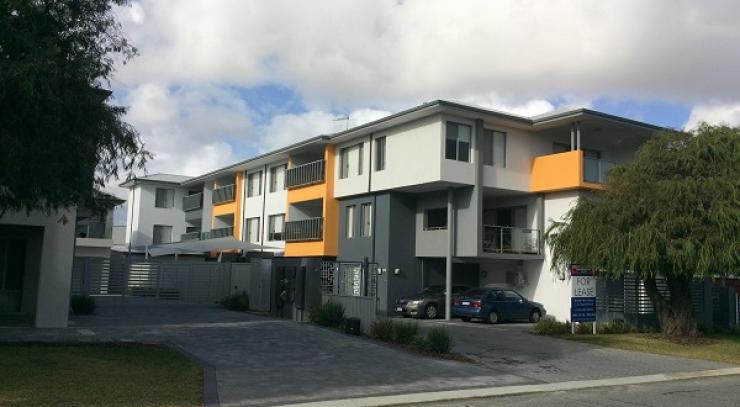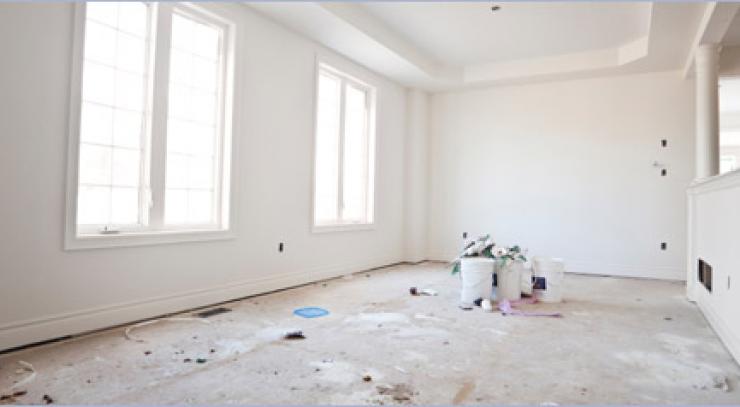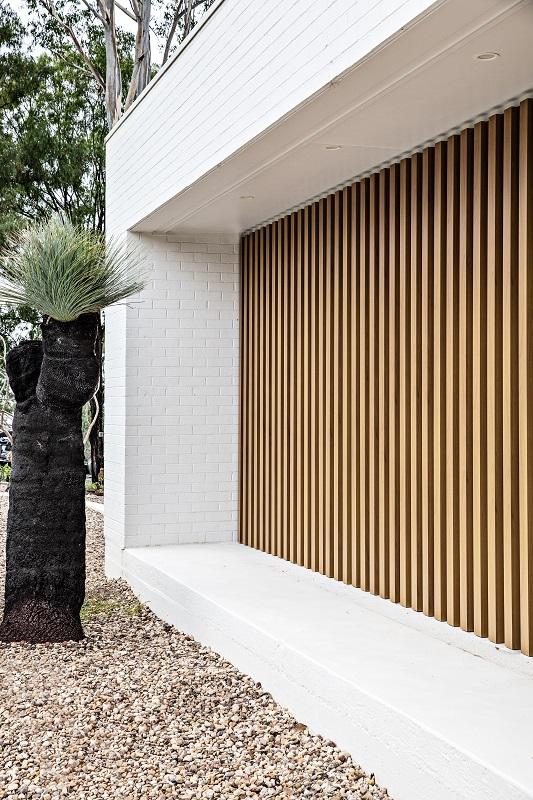Pre-listing and pre-sale building inspections are comprehensive evaluations of a property's structure, electrical, plumbing, heating, ventilation and air conditioning (HVAC), and environmental systems, performed prior to the sale of the property. The goal of these inspections is to identify any potential issues or repairs that may need to be addressed prior to the sale.
Purpose of Pre-Listing/Pre-Sale Building Inspections
The purpose of pre-listing and pre-sale building inspections is to provide potential buyers with an accurate and thorough understanding of the condition of the property they are considering purchasing. This information helps buyers make informed decisions and helps sellers to be proactive in addressing any potential issues prior to the sale.
Benefits of Pre-Listing/Pre-Sale Building Inspections
- Increased Selling Price: By identifying and addressing any issues with the property prior to the sale, sellers can increase the selling price by avoiding negotiations for costly repairs during the sale.
- Faster Sale: By providing buyers with a detailed understanding of the property's condition, pre-listing and pre-sale building inspections can help facilitate a faster sale by reducing the number of contingencies and negotiations during the sale process.
- Improved Negotiations: By having a pre-listing or pre-sale building inspection, sellers can be proactive in addressing any potential issues, thereby improving negotiations and potentially reducing the number of counter offers during the sale process.
- Increased Buyer Confidence: Pre-listing and pre-sale building inspections provide buyers with a level of confidence in their purchase, as they have a complete understanding of the property's condition and any potential issues that may need to be addressed.
By conducting a pre-listing or pre-sale building inspection, sellers can take proactive steps to maximise the value of their property and ensure a successful and efficient sale.
What is Included in a Pre-Listing/Pre-Sale Building Inspection
Structural Inspections
- Roof: A thorough inspection of the roof is conducted to check for any leaks, missing or damaged shingles, and to verify that the roof structure is sound and in good condition.
- Walls: The walls of the property are evaluated to check for any cracks, holes, or other signs of damage. The inspector will also check for proper insulation and ventilation to ensure the walls are functioning as intended.
- Foundation: The foundation of the property is inspected to verify that it is stable and free from cracks or other signs of damage. This is a critical aspect of the inspection, as any issues with the foundation can have a significant impact on the property's overall stability and value.
- Floors: The floors of the property are evaluated to check for any signs of damage, such as cracks, unevenness, or moisture issues. This includes a check of the subflooring and underlayment, to ensure that the floors are in good condition and ready for use.
Electrical Inspections
- Wiring: The electrical wiring of the property is checked to ensure it is up to code and in good working condition. This includes an evaluation of the electrical panel, which serves as the main distribution centre for electricity in the home.
- Electrical Panel: The electrical panel is inspected to verify that it is functioning properly and that the electrical circuits are properly labelled and protected.
- Outlets: The electrical outlets in the home are evaluated to ensure they are functioning properly and are not posing a potential safety hazard.
- Lighting: The lighting fixtures in the home are checked to ensure they are functioning properly and are providing adequate illumination.
Plumbing Inspections
- Piping: The pipes and plumbing of the property are checked to ensure they are functioning properly and that there are no leaks or other signs of damage.
- Fixtures: The plumbing fixtures in the home, such as sinks, toilets, and showers, are evaluated to ensure they are functioning properly and are not posing a potential safety hazard.
- Water Heater: The water heater is inspected to verify that it is functioning properly and that it is up to code and in good condition.
HVAC Inspections
- Furnace: The furnace is checked to ensure it is functioning properly and that it is up to code and in good condition.
- Air Conditioner: The air conditioner is evaluated to ensure it is functioning properly and that it is up to code and in good condition.
- Ductwork: The ductwork in the home is checked to ensure it is functioning properly and that it is properly sealed and insulated.
Environmental Inspections
- Asbestos: In some older properties in Sydney, asbestos may be present and is evaluated during a pre-listing or pre-sale building inspection to determine its presence and condition.
- Lead-based paint: Lead-based paint can pose a health hazard and is evaluated during a pre-listing or pre-sale building inspection to determine its presence and condition.
- Radon gas: Radon gas is a naturally occurring gas that can pose a health hazard and is evaluated during a pre-listing or pre-sale building inspection to determine its presence and levels.
- Mould: Mould is evaluated during a pre-listing or pre-sale building inspection to determine its presence and potential impact on the property.
How to Choose a Building Inspector in Sydney, Australia
Qualifications and Experience
- Licensing: It is important to choose a building inspector who is licensed and insured. In Sydney, Australia, building inspectors must be licensed by the NSW Department of Fair Trading.
- Training and education: The inspector you choose should have received proper training and education in building inspection techniques and should have a good understanding of building codes and regulations.
- Years of Experience: A building inspector with several years of experience is likely to have a better understanding of the common issues that arise in building inspections and will be able to provide a more comprehensive report.
Reputation and Reviews
- Check for references: Before choosing a building inspector, it is important to ask for references from previous clients to get a better understanding of the inspector's reputation.
- Read online reviews: Online reviews and ratings can provide valuable insight into the quality of service provided by a building inspector.
- Ask for recommendations: Friends, family, and real estate agents may be able to provide recommendations for reputable building inspectors in Sydney.
Cost and Services
- Cost: The cost of a building inspection can vary depending on the size and complexity of the property. It is important to get an estimate from several inspectors to compare prices and to ensure you are getting a fair price for the services provided.
- Services offered: Not all building inspectors offer the same level of service. It is important to understand what is included in the inspection and to choose an inspector who offers a comprehensive report that meets your needs.
Communication and Availability
- Availability: The inspector you choose should be available to conduct the inspection at a time that is convenient for you.
- Communication skills: The inspector should have good communication skills and be able to explain the findings of the inspection in a clear and concise manner.
- Follow-up: A good inspector will be available for follow-up questions and will provide a detailed report that includes recommendations for any necessary repairs or upgrades.
Choosing the right building inspector is an important decision and can have a significant impact on the outcome of your property sale or purchase. By considering these factors, you can ensure that you choose an inspector who is qualified, reputable, and well-suited to meet your needs.
The Inspection Process
Scheduling the Inspection
- Timing: Pre-listing and pre-sale building inspections are typically conducted before the property is put on the market or before the sale is finalised.
- Scheduling: The inspector should be able to schedule the inspection at a time that is convenient for you, and should be able to provide a detailed report within a reasonable timeframe.
The Inspection
- Visual Inspection: The inspector will perform a visual inspection of the property, paying close attention to the structure, foundation, roof, walls, windows, doors, and other areas of the property.
- Testing and Measurements: Depending on the age and condition of the property, the inspector may perform tests and measurements, such as moisture tests or insulation tests, to determine the condition of the property.
- Safety Inspections: The inspector will also check the property for safety hazards, such as electrical and gas hazards, and will provide recommendations for any necessary repairs.
The Report
- Comprehensive Report: The inspector will provide a comprehensive report that includes a detailed description of the condition of the property, as well as recommendations for any necessary repairs or upgrades.
- Digital Report: The report may be provided in a digital format, making it easy to access and share with others.
- Easy to Understand: The report should be easy to understand and should be written in clear, concise language, without any technical jargon.
The inspection process is an important step in the property buying or selling process and can help to identify any potential issues or concerns before they become major problems. By choosing a qualified and experienced building inspector and following the steps of the inspection process, you can ensure that you have a clear understanding of the condition of the property and can make informed decisions.
The Benefits of a Pre-Listing/Pre-Sale Building Inspection
Increased Transparency
- Know the Condition of the Property: A pre-listing or pre-sale building inspection provides a comprehensive understanding of the condition of the property. This information can help to ensure that the buyer or seller is aware of any potential issues or concerns before finalising the sale.
- Increased Trust: By providing a clear and detailed report of the property's condition, the inspection can help to increase trust between the buyer and seller and can help to ensure that the sale goes smoothly.
Improved Negotiations
- Better Understanding of Repairs: If the inspection report identifies any necessary repairs or upgrades, the buyer and seller can negotiate these items and come to a mutually agreeable solution.
- Fair Market Value: A pre-listing or pre-sale building inspection can help to determine the fair market value of the property, which can help to ensure that the sale price is accurate and fair.
Increased Confidence
- Confidence in Your Purchase: For buyers, a pre-listing or pre-sale building inspection can provide increased confidence in their purchase, knowing that they have a clear understanding of the condition of the property.
- Confidence in Your Sale: For sellers, a pre-listing or pre-sale building inspection can provide increased confidence in the sale of their property, knowing that any potential issues or concerns have been identified and addressed.
Peace of Mind
- Avoid Surprises: By identifying any potential issues or concerns before the sale is finalised, a pre-listing or pre-sale building inspection can help to avoid any unpleasant surprises during the property buying or selling process.
- No Regrets: A pre-listing or pre-sale building inspection can help to ensure that the buyer and seller both have a clear understanding of the condition of the property and can make informed decisions, which can help to reduce the risk of buyer's remorse or seller's regret.
The benefits of a pre-listing or pre-sale building inspection are numerous, and can help to ensure that the property buying or selling process is a positive and stress-free experience for everyone involved. With increased transparency, improved negotiations, increased confidence, and peace of mind, a pre-listing or pre-sale building inspection is an investment worth making.
